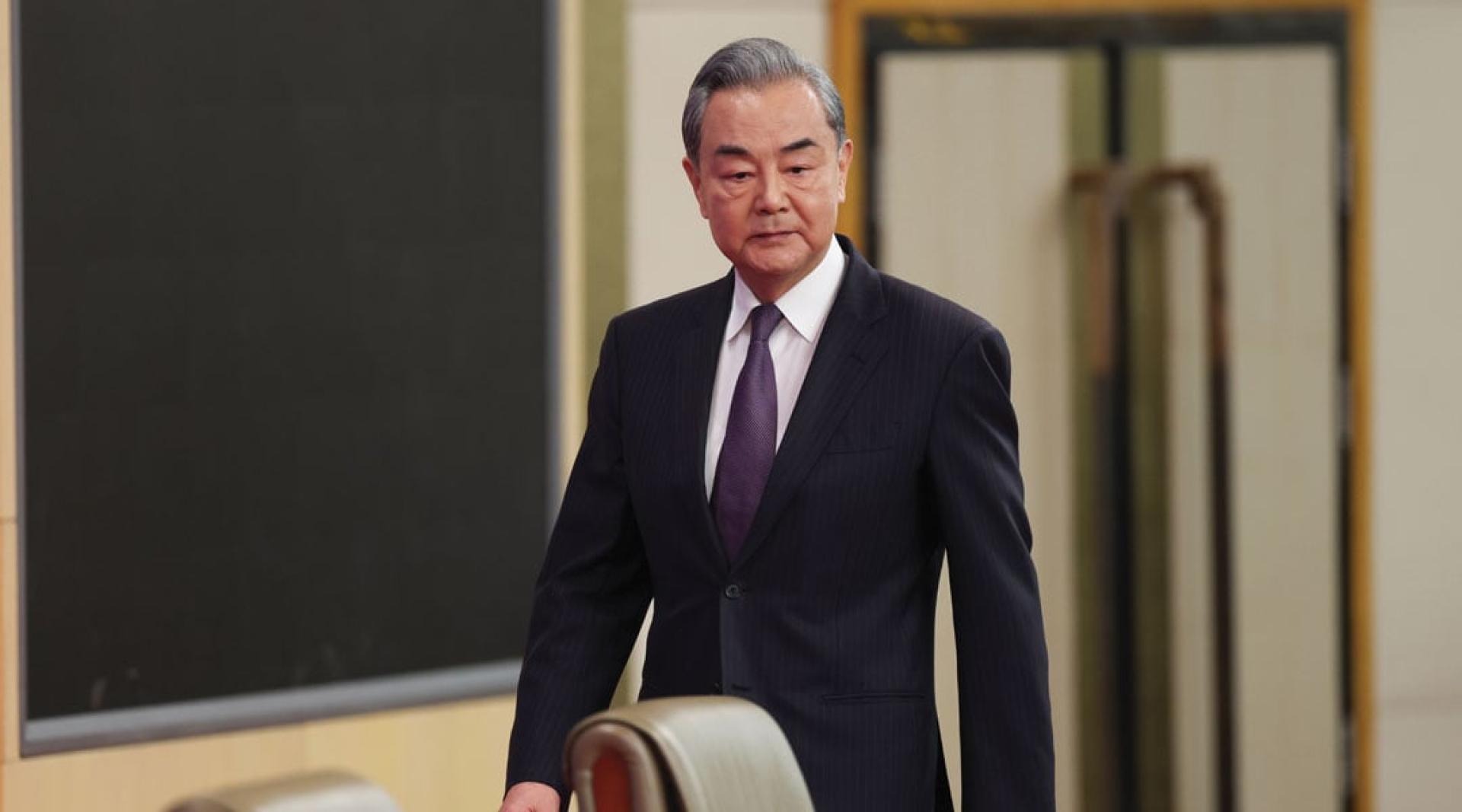Friday (15th) marks the 80th anniversary of Japan's unconditional surrender announcement. Chinese Foreign Minister Wang Yi criticized certain forces in Japan, saying that even today they are still seeking to rehabilitate and invoke the spirits of wartime criminals.
According to the official website of China's Ministry of Foreign Affairs, Wang Yi clarified Beijing's position on historical issues when meeting with reporters after the Lancang-Mekong Cooperation Foreign Ministers' Meeting on that day.
Wang Yi pointed out that on this day 80 years ago, Japan was defeated and accepted the Potsdam Declaration, announcing its unconditional surrender. The war of aggression waged by Japanese militarists at that time brought tremendous suffering to the peoples of China and other Asian countries, and the Japanese people themselves were also deeply harmed.
Wang Yi stated that the Cairo Declaration, the Potsdam Declaration, and a series of other international documents clearly stipulated Japan's war responsibility, requiring Japan to return the territories it seized from China, including Taiwan, to China. This is an achievement of the world’s anti-fascist war that brooks no challenge and a crucial part of the post-war international order.
Nevertheless, Wang Yi continued, certain forces in Japan still attempt to 'beautify aggression, deny aggression, distort history, tamper with history, and even seek to exonerate and call spirits for those wartime criminals.'
He believes that only by facing up to history can respect be earned; only by learning from history can the future be opened up; only by never forgetting past events can repeating the same mistakes be avoided. “We (China) urge Japan to make the right choice.”
On the same day, Japan's Minister of Agriculture, Forestry and Fisheries, Shinjiro Koizumi, visited Yasukuni Shrine. Prime Minister Shigeru Ishiba did not visit, but through his office, as president of the Liberal Democratic Party, privately offered a 'tamagushi-ryo' (ritual offering fee).
According to reports, former Liberal Democratic Party economic security ministers Sanae Takaichi and Takayuki Kobayashi also went to pay their respects.
Yasukuni Shrine enshrines Japanese soldiers killed in war, including Class-A war criminals from World War II, making it a highly controversial site regarded in other Asian countries as a symbol of Japanese militarist aggression.
